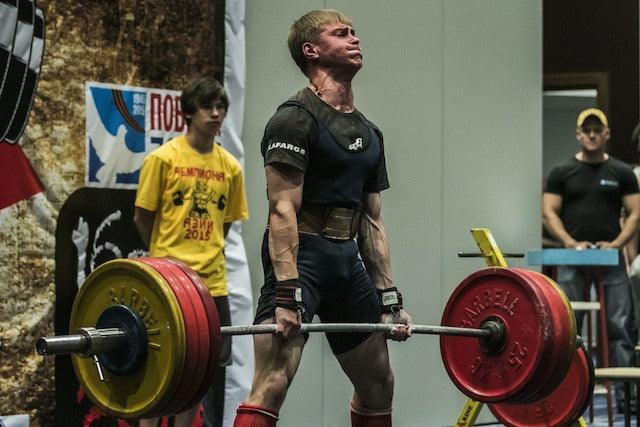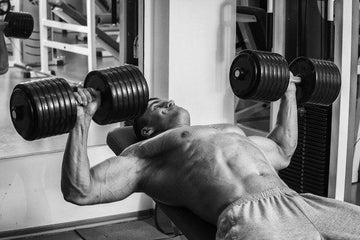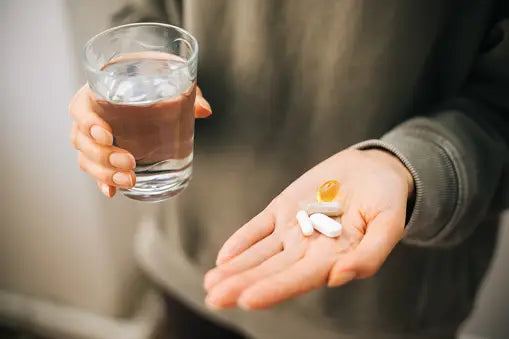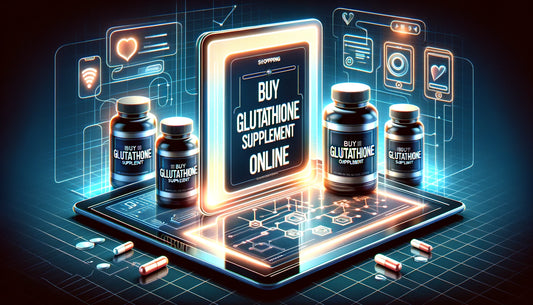

Crush Cortisol with this Supplement
Table of Contents
The One Ingredient that Lowers Cortisol
Cortisol is a stress hormone. Cortisol is produced in response to physical, mental or emotional stress. To the hardcore athlete, cortisol levels can be elevated due to the intense training. Other factors that can increase cortisol are extremely low-calorie diets, high volume training, lack of quality sleep, as well as common daily life stressors. Normal cortisol levels are essential for life as part of our natural stress response. The goal is to maintain a healthy normal level of cortisol.
High cortisol levels can increase muscle protein breakdown and inhibit protein synthesis, and lower immune function. However, there is no available scientific evidence that reducing your cortisol levels below normal will have any effect on increasing muscle growth. Higher levels of volume training are often associated with increased levels of cortisol, so any athlete involved with intense aerobic exercise training such as triathlons and cycling are at risk for overtraining. Two hormones often impacted by overtraining are testosterone and cortisol, and overtraining due to high training volumes often results in a decrease in the ratio between resting concentrations of these hormones (testosterone/cortisol).

If your looking for a cheap way to improve your health and lower cortisol than you may want to consider Vitamin C. Intense exercising spikes cortisol levels which can have a negative impact on testosterone levels overtime and lead to long term overtraining and suppressed increases in size and strength, which is something most athletes want to avoid. As vitamin C’s ability to suppress cortisol production is well documented many athletes will take some vitamin C (usually 1g) post workout. Vitamin C is protective because it decreases inflammatory markers that alter the body’s stress response.
When inflammatory hormones increase, the hypothalamic-pituitary-adrenal axis that regulates the release of cortisol and other hormones becomes dysregulated leading to a cascade of negative health effects. Peer reviewed research studies have found that Vitamin C inhibits cortisol released by by as much as 30%. in one study, researchers examined the the effect of 2 weeks of supplementation with vitamin C on cortisol, adrenocorticotrophic hormone, interleukin-6, oxidative stress and neutrophil responses to a single bout of endurance exercise. Nine healthy endurance-trained males exercised for 2.5 hours at 60% VO2max after 2 weeks of placebo or Vitamin C (1,000 mg day) supplementation. All participants completed both trials utilizing a randomised crossover design with a minimum 14 day washout period between trials. At the end of the 2 week study, men who consumed 1 gram of vitamin C a day for 2 weeks, they had significantly lower cortisol after a 2.5-hour endurance run than a placebo group. Vitamin C is just about the cheapest supplement that you can buy that will help control cortisol levels and reduce free radical damage.
Davison, G., Gleeson, M. The Effect of Two Weeks Vitamin C Supplementation on Immunoendocrine Responses to 2.5 Hours Cycling Exercise in Man. European Journal of Applied Physiology. 2006. 97(4), 454-461.
Liakakos D. (1975). Inhibitory effect of ascorbic acid (vitamin C) on cortisol secretion following adrenal stimulation in children.. Clin Chim Acta. 65 (3), 251-5.
Peters EM. (2001). Attenuation of increase in circulating cortisol and enhancement of the acute phase protein response in vitamin C-supplemented ultramarathoners.. Int J Sports Med. 22 (2), 120-6.
Peters EM. (2001). Vitamin C supplementation attenuates the increases in circulating cortisol, adrenaline and anti-inflammatory polypeptides following ultramarathon running.. Int J Sports Med. 22 (7), 537-43.

















